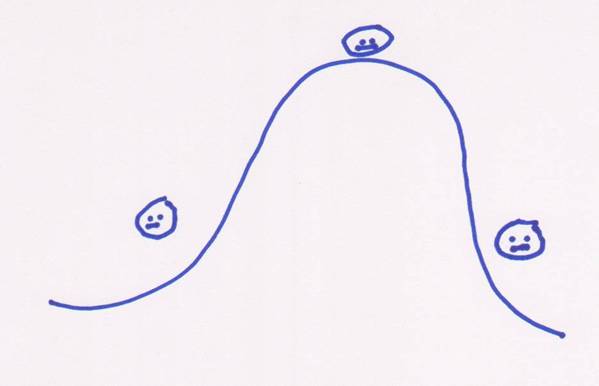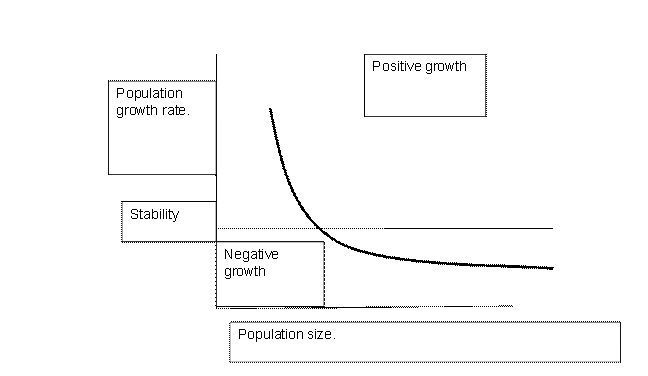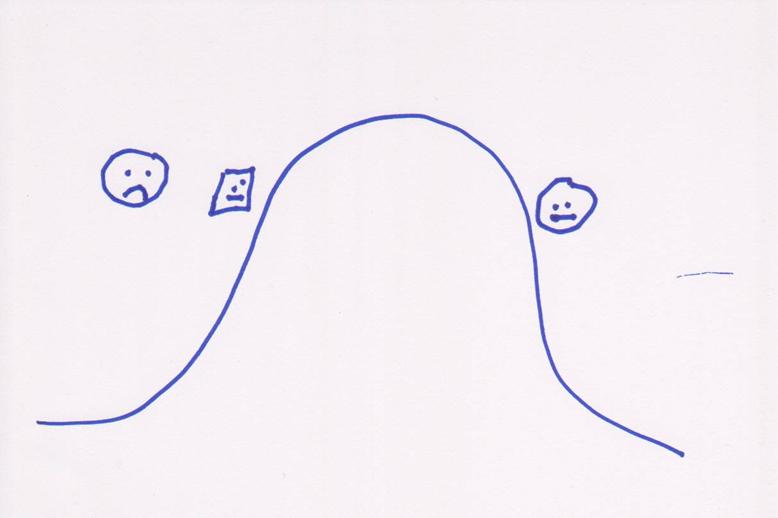
This past month has involved a number of things, including repairs out of town and of course Irma, the mighty hurricane. I rode her out well enough, although there are still repairs needed here and a lot of branches to be carried to the street. My prosperous neighbors cleared their yards in just a day or two; however nobody has a bigger pile of storm debris than do I. At all events, I’m trying to start working on this web log again, thus:
Why this leads to world peace:
This is a topic that seems so obvious to me that I hesitate even to bring it up, but we live in troubled times. I cannot give you an analysis of all the forces dragging us toward violence. Every such analysis I see has gaping holes in its logic. I could plug some of those holes, but there is so much I really don’t have good statistics on I would have to rely on the data and interpretation of the statement I would be attacking.
The other night I watched a YouTube program on the Babylon of Nebuchadnezzar. The show seemed to me to have glaring internal inconsistencies. Also, they confounded the Tower of Babel, with the Temple of Marduk. Now the show was, I assume, put together from the work of professional academics who were under no pressure except to get their statements right within the time limits of their own mortality. Yet while I was fascinated and relished some new evidence on offer, I had the sense of being as far removed from what was offered as modern scholarship as I feel removed from that time and place.
Contrast that with commentators talking about current tragic and otherwise lamentable events. The time pressure is enormous. What many believe is the power to rule the world is on the table. There are at least two factions none or neither disposed to trust the other. Of course fabrication can happen, and what may not be fabrication may be assumed to be such by another side. Now I cannot tease apart the components, but I shall try to start at first principles and see how biological fact and human nature can combine to give a better or worse world.
I must start with a word that back in high school intrigued a couple of my friends: xenophilous. They said it meant frost proof. Actually it means being attracted to that which is foreign, particularly sexually. There is a companion word: xenophobic. That means having an aversion to foreigners.
These two are apparently not exact opposites; the latter is generally used as a pejorative term. But we shall assume the lie in mutual tension anyway. So, arbitrarily we shall assume there is a range, with the bulk of people in the middle and fewer out on the extremes.

Hypothetical distributions of xenophiles and xenophobes in a population. Xenophobic is on the left of an arbitrary scale and xenophilic on the right. The vertical axis is the proportion of the population with that degree of …phobia and …philia. We assume that the situation has stabilized to the point where everybody has a baseline degree of happiness. Whether that is equal across the board is not important here.
We now place among this baseline population a smaller group that is different. It makes no difference how they are different and we assume they scatter at random among the original population.

Same axes as the original population. A new population has been added. The happiness of the original population has changed in response to the newcomers. Some are happier, some less so. Maybe it averages about equal. Those unhappy might be described as “having difficulty adjusting to the new reality.” Such lullabies are the stock in trade of any ruling class. The little glob between two faces on the right is not a victim. It’s a drawing error.
The trouble comes later. You remember the good old Sibly curve. The bigger the population the less kin an average mating pair and the fewer offspring. Since it’s true of mammals, birds, fish and insects, we can assume it’s true of our population. This has been proven elsewhere.

(On the Regulation of Populations of Mammals, Birds, Fish and Insects, Richard M. Sibly, Daniel Barker, Michael C. Denham, Jim Hope and Mark Pagel SCIENCE vol. 309 July 22, 2005 page 607)
Now we ignore any early problems and let time roll along. On the left hand side of the chart, xenophobia reigns and the birth rate is unchanged. On the right side xenophilia is in action, and the birth rate collapses, only a bit at first maybe, but within a few years it goes to zero. The vast center bulk may intermarry with the newcomers, but not preferentially, so birth rate declines but not so drastically.
Now our graph of populations against xenophilia looks like this.

This is the point where I should scream, “That isn’t a line; that’s a smoking pile of dead babies!” It never worked before.
If we readjust the axes, we can see that what has happened is the population is more hostile to outsiders than ever.

The only surviving newcomers are those who were lucky enough to fall among people who did not welcome them. (Did I fail to mention that children tend to be like their parents? I thought you knew.) Carried to its logical conclusion, everybody should hate everybody else save for a few close kin. Unremitting warfare should be the abiding law of history.
Such is the cruel logic of the laws of nature. And now the good news. Yes, there is good news. There are few nice folks out there still, not so many as claim to be. I listen to people. From what I sense, if I ask people what they think about race, few would respond as I do: No such thing. It’s a delusion the strong use as a weapon against the weak. Instead I either get a torrent of the most prejudiced and vitriolic venom or words saying effectively, “I hate racists.” It reminds me of a kind of bug found on a tree in a jungle somewheres. It’s actually two kinds; the closest inspection of their anatomy and behavior unmasks no difference, but their genetic patterns indicate that they are different species that never interbreed. Biologists can’t tell them apart, but the bugs can. Similarly I can’t really see any difference between the two kinds of answer.
But I insist there are nice folks out there. Were there none, it would not be worth the effort to pretend to be one. So in spite of untold millennia of selection favoring the xenophobes, a lot of folks don’t care. But of course they should care. One should not hate people outside one’s extended family, but marry among them and you are killing babies. Sure, sure, I know, “There are too many babies in the world.” You don’t mean that. Murder one by other means and see how people react. And there are certainly not too many babies in the rich world.
So the very notion of a universally kind person is a triumph of the human spirit over biology.
Of course people love cousins; that’s clear. But people prefer status to love, alas. Time out of mind, we just didn’t know. When Gregor Mendel discovered genes in his pea plants, the information was at least on record but ignored for thirty or forty years in spite of Mendel’s efforts to get it into public view. I’ve little luck myself after about twenty years. Maybe in another ten to twenty. Kind of late there.
Once Mendel’s laws were rediscovered, the pieces of the puzzle were in place. In fact I suspect that Isaac Newton was onto it, but if so, he was quite coy, as was Edgar Allen Poe. But since 1900, enough facts have been available. Only sheer stupidity held us back. And since 2000, with me running around naked and screaming (all right, trying to get some attention anyway) stupidity is no more an excuse than ignorance; it’s just cussedness.
So much for the human spirit, eh? But outbreeding infertility with selection favoring line breeding (in between inbreeding and outbreeding) has not quenched the flame of general tolerance.
If the xenophilic ones were only to breed true like the xenophobic ones, natural selection would lose its requirement to penalize the xenophilous. Now for the first time we could move into the peaceful well lit realms of history where prejudice and war – obviously social losers that would vanish once good will could expand its glory – would be things of a tragic past, but a past we would love because we would love everything.
There have been 82 visitors over the past month.